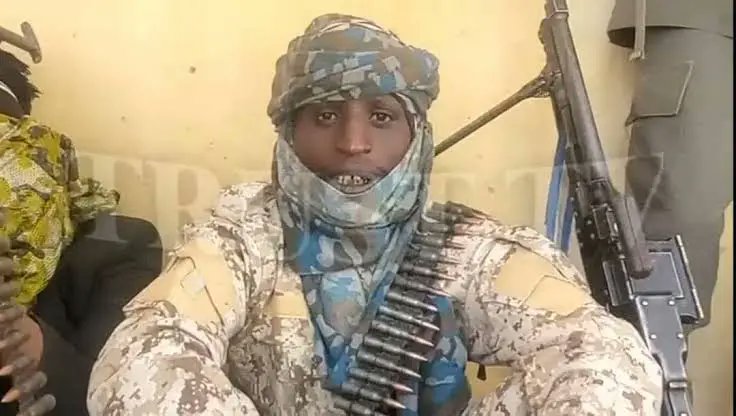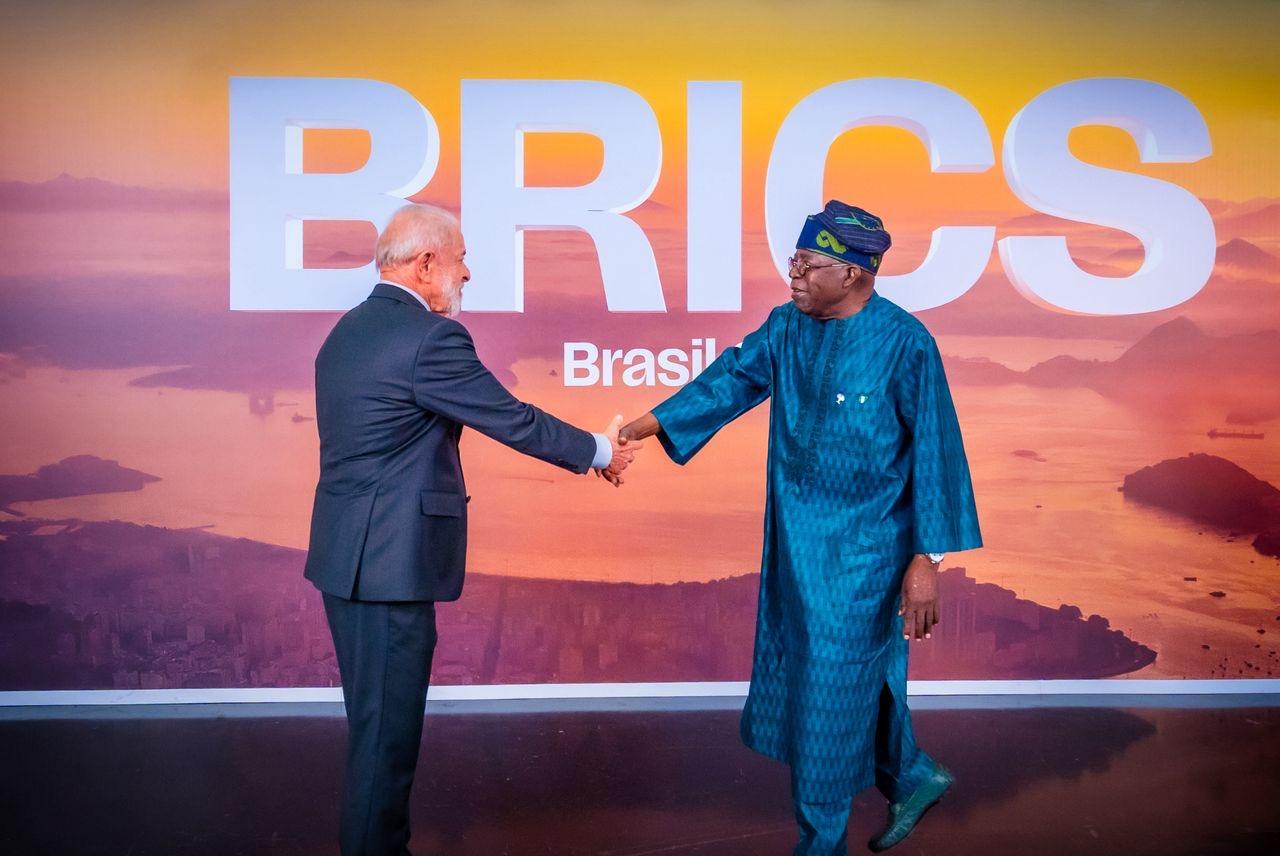
“Lay Down Arms and Prove Peace”: Sokoto Government Sends Strong Message to Notorious Bandit Bello Turji

In a decisive move that underscores the mounting desperation of authorities and the unrelenting grip of insecurity across Nigeria’s northwest, the Sokoto State Government has issued a powerful call to one of the region’s most feared and enigmatic bandit leaders, Bello Turji, urging him to demonstrate genuine commitment to peace by releasing all captives under his control and halting the waves of terror that continue to ravage rural communities. The message comes at a time when northern states, especially Sokoto, are facing increased pressure from citizens and civil society groups to restore safety and assert state authority over territories that have long been dominated by criminal gangs.
Bello Turji, whose name instills fear across Zamfara, Sokoto, and parts of Katsina, has remained one of the most high-profile faces of rural banditry in Nigeria, accused of orchestrating massacres, kidnappings, and mass displacement in the region. His notoriety soared after a string of audacious attacks left dozens dead, hundreds homeless, and entire communities in ruins. Yet, amid these brutal records, Turji has at times positioned himself as a figure open to dialogue, occasionally floating the idea of peace if the government is willing to negotiate fairly. Now, the Sokoto government has taken a bold step to challenge him directly.
Addressing journalists in Sokoto on Saturday, a senior government official, who requested anonymity due to the sensitivity of the matter, confirmed that backchannel communications have been ongoing between state-appointed intermediaries and elements within Turji’s camp. “We are not here to play games with lives,” the official said. “If Turji says he wants peace, let him start by proving it. Release the innocent men, women, and children in your custody. Stop attacking our people. Only then can you claim to be serious about peace.”
The comments mark one of the strongest and most public confrontations the Sokoto government has made toward Turji, whose operations have severely crippled agricultural output, trade, and education across the eastern flank of the state. Entire communities have been abandoned due to repeated raids, while displaced families crowd into makeshift camps with little access to food, healthcare, or security. Local leaders say residents now live in perpetual fear, unable to sleep at night or travel freely by day.
Over the past year, the state has launched several security operations in coordination with federal troops, but many have yielded only temporary relief. Bandits often retreat into dense forests, only to re-emerge weeks later with more sophisticated weapons and a renewed appetite for destruction. Some locals accuse political actors and security agencies of complicity, alleging that top officials are either profiting from the crisis or too compromised to act decisively. In this climate of suspicion and fear, the call to Turji is seen as both a diplomatic effort and a public litmus test.
“This is not about making deals with criminals,” the government source clarified. “It is about saving lives. If Turji is truly tired of bloodshed, the path is clear: free the abducted, stop the violence, and allow peace to take root. We are willing to listen, but we will not tolerate further bloodshed in the name of negotiations.”
In the heart of Sokoto’s rural districts, the people wait, weary and wounded. From Sabon Birni to Isa, from Illela to Goronyo, the scars of violence are everywhere—burnt-out homes, abandoned farms, and stories of horror passed quietly from mouth to mouth. In one village, a woman whose husband and two children were abducted last month broke down in tears when told about the government’s statement. “We’ve prayed day and night,” she said. “If Turji has a heart, let him show it now. Set our loved ones free.”
Yet not everyone is optimistic. Security analysts warn that Turji’s operations are deeply entrenched and driven by more than mere ideology. With access to illegal mining routes, weapons trafficking, and ransom payments, Turji’s syndicate has grown into a mini-empire, reportedly operating with its own internal hierarchy, codes of conduct, and network of informants. Some worry that unless the government backs its words with action, the latest appeal could be seen as a sign of weakness rather than strength.
“The only language these guys understand is power,” said Kabiru Ahmed, a conflict researcher at Usmanu Danfodiyo University. “Yes, dialogue is important. Yes, peace is the ultimate goal. But let’s not be naïve. This man has built an empire on blood. You don’t dismantle that with press statements. You need coordinated, intelligence-driven operations and airtight prosecution for anyone caught aiding or abetting these crimes.”
Still, others see the government’s move as a possible turning point—if handled with clarity, commitment, and community involvement. Several clerics, traditional rulers, and civil society organizations have signaled their willingness to support any effort that leads to peace, even if it means sitting at the same table with men once branded as terrorists.
It’s not the first time Turji has sent signals of openness to peace. In late 2022, he reportedly declared a temporary ceasefire and released a handful of captives in Zamfara, only to resume attacks shortly after, blaming betrayal by the authorities. Since then, calls for his neutralization have grown louder. Yet with every military campaign, the question lingers: can war alone defeat a man who sees himself as a warlord and peacemaker in equal measure?
For now, the ball appears to be in Turji’s court. The Sokoto government has drawn a line and made a challenge. To release the abducted would be more than a symbolic gesture—it would be a first step in a region desperate for calm. But until the guns fall silent and the missing return home, words will remain just that—words.
In the midst of the silence that follows the government’s challenge, the eyes of the nation now turn northward, watching closely. For the families still waiting for a knock on the door or a call from a loved one, hope is fragile but alive. And for the government of Sokoto, this may be one of the last peaceful appeals before harsher measures are unleashed. In this delicate dance between chaos and calm, only time—and Turji’s next move—will tell whether peace is truly possible or just another fleeting illusion in Nigeria’s long war with banditry.

